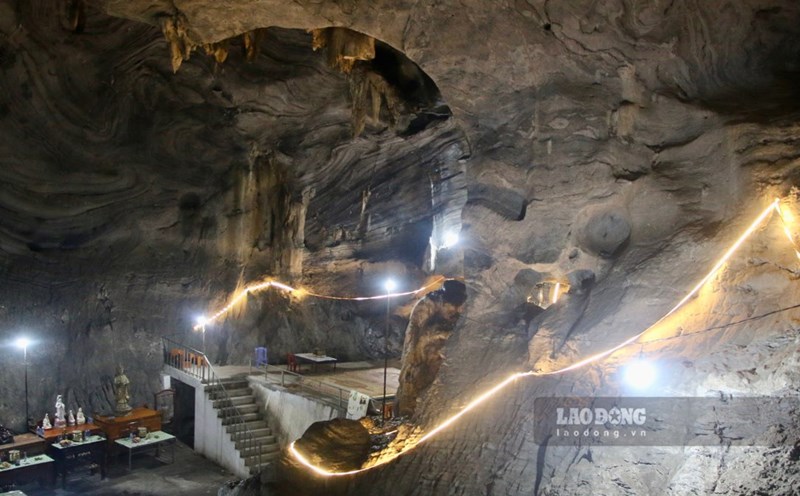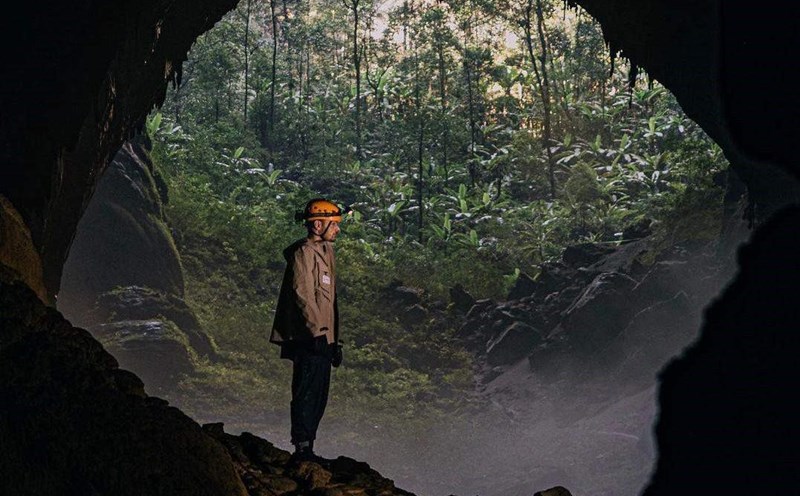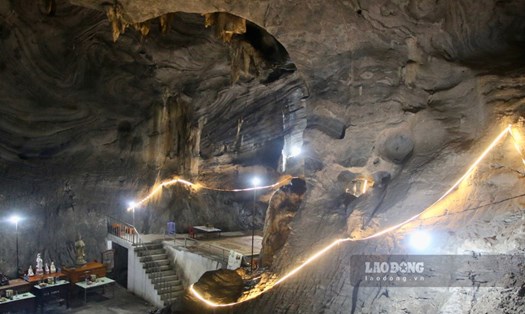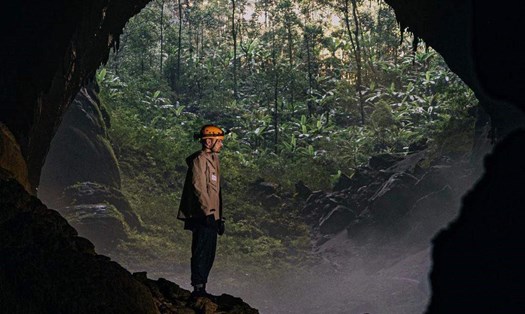A couple in Malaysia drove more than three hours from Kuala Lumpur to Perak state to visit a tourist destination they saw through an online advertisement video.
According to a hotel employee in Perak on June 30, the two tourists asked about the cable car route to admire the scenery in the area.
However, that cable car destination was a small, quiet town and there were no tourist areas as they described.
The video that the couple watched was called "Kuak Skyride", introducing the cable car route running through the mountains and forests in the village of Kuak Hulu. In the video, a female MC of the "TV Rakyat" channel hosted the program.
The video simulates the show's presentation, interviews with tourists and meals at a luxurious restaurant with a view of the mountains and forests. However, all are products made with AI.
When the hotel staff explained that the video was fake, the female tourist was extremely angry and demanded that the female MC appear in the video. The hotel staff continued to analyze that even the female MC in the video was not the real person.
The incident caused a fierce debate in the online community about the impact of fake content caused by AI on the internet.
Some people shared that their relatives were almost scammed, including the case of spending more than 9,000 ringgit (about 2,100 USD) to rent a car to a fictional attraction.
"Even young people can easily trust when watching videos, let alone older people," commented an account.
"We need to soon have a law to control AI-generated content," another opinion suggested.
Since the incident went viral on social media, the incident has attracted attention, with local police urging people to be vigilant against the content circulating online and verifying the authenticity of such videos.
Acting police chief Baling, Ahmad Salimi Md Ali, told the New Straits Times on July 3 that they had not received any official complaints. However, he stressed that there were no such cable car projects in the area.
Malaysia currently has no specific legal regulations to manage AI. At the end of 2024, the country will establish a national artificial intelligence office to develop relevant policies and legal frameworks.






